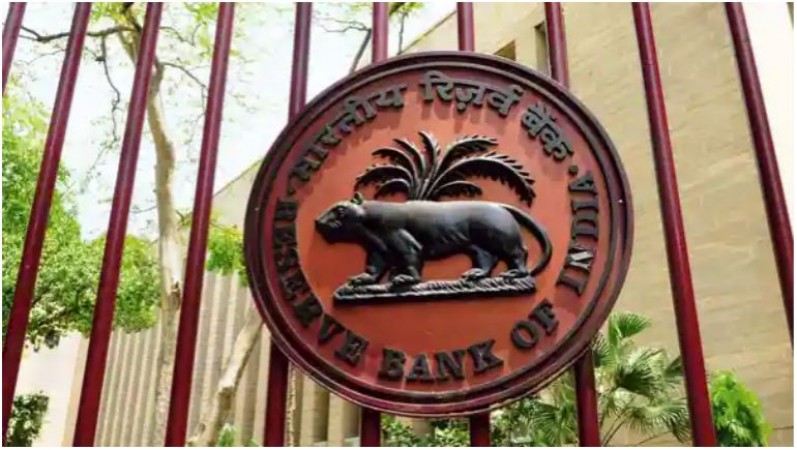
The Reserve Bank of India (RBI) has invisted public opinion on the various modifications to the payments system being considered, including the potential imposition of tiered fees on transactions made through the Unified Payments Interface (UPI). The Reserve Bank of India (RBI) released a discussion paper on "Charges in Payment Systems" for public comment, as stated in the Statement on Developmental and Regulatory Policies dated December 8, 2021, RBI said in a statement. On August 17, the discussion paper was made public.
On or before October 3, 2022, feedback regarding the issues raised therein, and additional pertinent suggestions, may be sent by email, said the RBI. The central banks actions in the payment systems have been geared toward reducing frictions that may be brought on by systemic, administrative, or revenue-related concerns. Despite the fact that there are multiple middlemen in the payment transaction chain, consumer complaints are typically about expensive and opaque fees.
Payment service fees should be affordable and competitively set for users while also offering the intermediaries the best possible revenue stream. It was thought helpful to do a thorough analysis of the numerous fees assessed in the payment systems, highlighting different aspects and requesting stakeholder input, in order to ensure this balance.
The discussion paper covers every aspect of fees for payment systems [like Immediate Payment Service (IMPS), National Electronic Funds Transfer (NEFT) system, Real Time Gross Settlement (RTGS) system, and Unified Payments Interface (UPI)] and various payment instruments [like debit cards, credit cards, and Prepaid Payment Instruments (PPIs), etc.].
The RBI owns and manages the RTGS and NEFT payment systems in India. The National Payments Corporation of India (NPCI), a not-for-profit organisation supported by banks, owns and manages systems like IMPS, RuPay, UPI, and others.
RBI tightens norms on loan recovery agents by banks, NBFCs